Dentistry needs radical reforms as oral care was isolated from the traditional healthcare system. Negligence and aggressive marketing strategies in sugar, sugar rich products, alcohol and smoking industries have fuelled an oral crisis. Scores of people as a result are suffering from cavities, oral cancers and gum diseases. Accessible oral care, inclusive of the healthcare systems are required for better dentistry.
According to Lancet Journal, over 3.5 billion have been affected by oral diseases. Oral disorders have become the most prevalent disease condition and their incidence has elevated rapidly in recent years. Little attention has been given to precautionary measures despite their prevalence of oral disorders for decades. Oral cancer is the prime cancer among men and women in India. As per the National Institute of Cancer Prevention, over 12 lakh cancer cases were reported in 2018.
Low economic conditions are affecting the oral and overall health aspects of general public. However, basic dental facilities are not available in low-income countries. Oral care systems in middle-income countries are underdeveloped and unaffordable to the general population.
Dentistry is more treatment-based, dominated by technology and interventionist in high-income countries. New dental innovations are failing to address dental issues.
Over 313 dental institutes are training dental surgeons, 90 colleges produce dental technicians and 54 institutes produce dental hygienists every year in India.
“Dentistry is in a state of crisis. Current dental care and public health responses have been largely adequate, inequitable, and costly; leaving billions of people without access to even basic oral health care. While this breakdown in the delivery of oral healthcare is not the fault of individual dental clinicians committed to caring to their patients, a fundamentally different approach is required to effectively tackle to the global burden of oral diseases.”, said Richard Watt, lead author of the series and honorary consultant at the Dental Public Health at University College London.
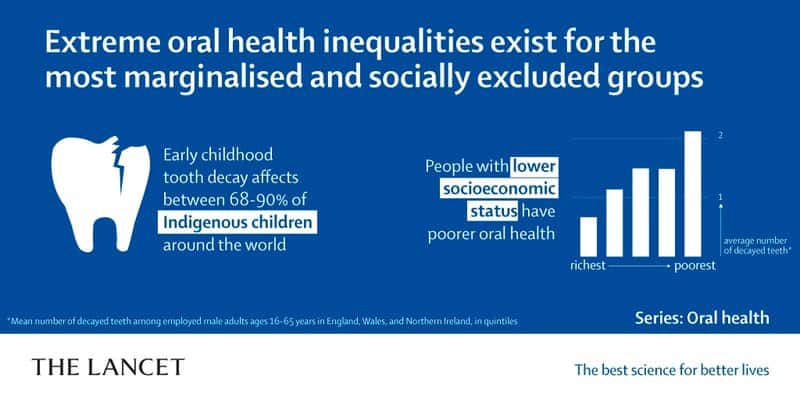
“Recently the Government of India announced the Ayushman Bharat Yojana or Pradhan Mantri Jan Arogya Yojana, which aims at strengthening Primary Health Care and providing financial protection to the most vulnerable section of our society. It is aimed at creating awareness, screening and symptomatic care for oral diseases, counselling for tobacco cessation and referral to top Tobacco Cessation Centers.”, reiterated by Manu Raj Mathur, Head-Health Policy and Additional Professor, Public Health Foundation of India.
“India is taking some bold steps in launching and implementing a Universal Health Coverage Programme. A new iteration of Oral Health Policy for the country is also on the anvil. The Lancet Series comes at a very crucial time for the country as it highlights the importance of oral health for overall health and well-being and presents a strong argument to include oral health care in the comprehensive primary care programme as well as covered under the national health insurance scheme.” he added.
“The use of clinical preventive interventions such as topical fluorides to control tooth decay is proven to be highly effective, yet because it is seen as a ‘panacea’, it can lead to many losing sight of the fact that sugar consumption remains the primary cause of disease development. We need tighter regulation and legislation to restrict marketing and influence of the sugar, tobacco and alcohol industries, if we are to tackle the root causes of oral conditions.” Richard added.
“Dentistry is rarely thought of as a mainstream part of healthcare practice and policy, despite the centrality of the mouth and oral cavity to people’s well-being and identity. A clear need exists for broader accessibility and integration of dental services into healthcare systems, especially primary care and for oral health to have more prominence within universal health coverage commitments. Everyone who cares about global health should advocate ending the neglect of oral health.” said Dr Jocalyn Clark, Executive Editor, The Lancet.
Sources
https://indianexpress.com/article/india/dentistry-in-a-state-of-crisis-says-report-5837034/

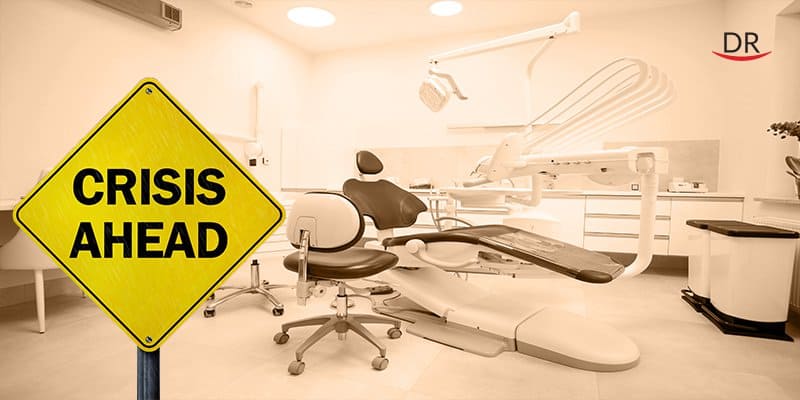




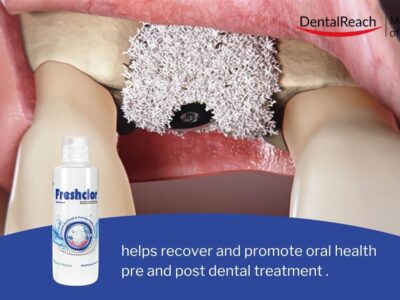
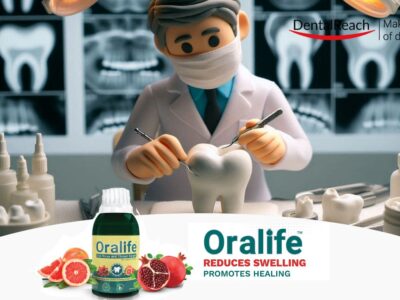

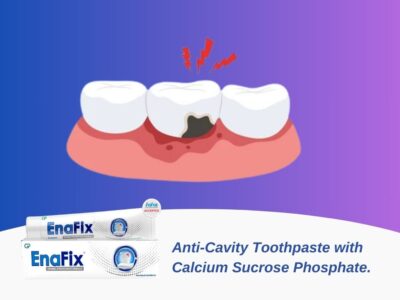









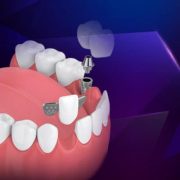
Comments